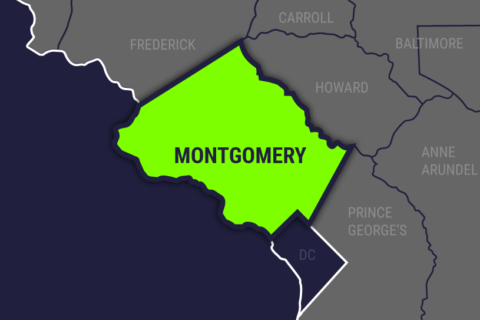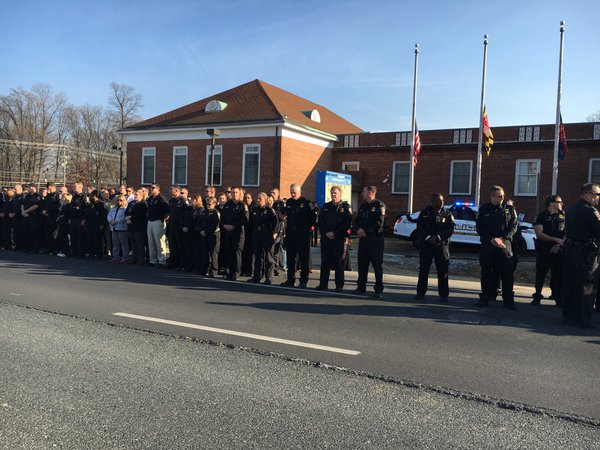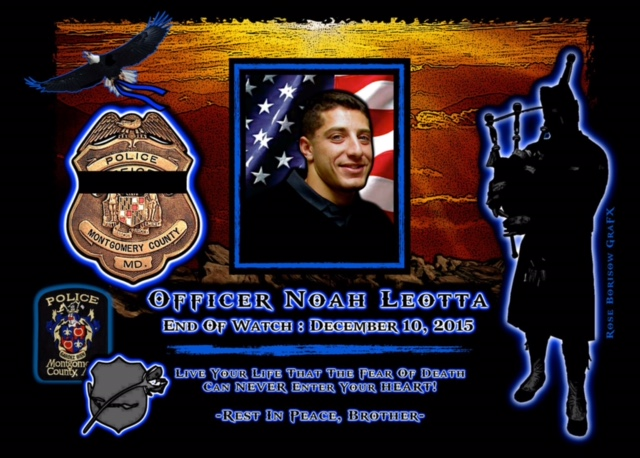WASHINGTON — The Advocates for Highway and Auto Safety released a report on how states are performing when it comes to enacting laws to make highway travel safer.
The title of the report, “Missing in Action,” indicates how the group sees lawmakers’ efforts to toughen road safety requirements. Noting the rise in highway deaths and efforts to rollback highway safety laws in some states, the report summary reads, “Time for State Leaders to Get to Work.”
In the report, each state was given a rating: green, yellow or red, with green being a state with the most “optimal” legislation — stricter rules for graduated licensing for teens, for example. D.C. had a “green” status, Maryland and Virginia each earned the “yellow” designation.
During a news conference at the National Press Club Thursday, Maryland was under particular scrutiny. Montgomery County Police Chief Tom Manger, who ripped into the state’s track record last month when one of his officers was killed by a man accused of drunken driving, said at the news conference, “The state of Maryland needs to do better. This nation needs to do better.”
Manger was referring to the fact that Maryland lawmakers have failed to enact a mandatory interlock law for all drivers found guilty of driving drunk — even first offenders. The bill has repeatedly died in committee.
Aside from requiring first time offenders to install an interlock device — which prevents drivers from being able to operate the car if they are under the influence — Manger wants the interlocks required for longer periods of time.
“For example; for a second arrest — make it a year. For repeat offenders, make it five years — ten years. And for the worst repeat offenders — make it for the rest of their driving lives,” Manger said.
Manager called it “an outrageous fact that an individual can be convicted multiple times of drunken driving, and yet never see the inside of a jail cell.”
Manger said he would be working with lawmakers to ensure that a bill calling for mandatory use of interlock devices gets out of a committee where it’s stalled repeatedly. Joan Claybrook, the former Administrator for the National Highway Traffic Safety Administration, called the committee and ones like it “cemeteries” where tougher bills go to die.
Claybrook singled out Maryland for criticism on passing tougher drunken driving laws. She mentioned the interlock law that Manger wants to see passed.
“Despite broad public support as well as bipartisan support in the Maryland legislature, the bill has died in the same committee over, and over again. Maybe we need to have a term limit for that committee chairman,” Claybrook said.
Claybrook was referring to Maryland State Delegate Joseph Vallario, a defense attorney who has in the past, refused to give a hearing to interlock legislation spearheaded by the Maryland chapter of MADD, Mothers Against Drunk Driving. On the first day of this legislative session, Vallario was quizzed about his plans for the bill this year and asked if he’d move it out of committee. He said they’d have to hold hearings on it first, and he didn’t know what might happen after that.
After the death of 24-year-old Officer Noah Leotta, Manger vowed to lobby state lawmakers to get tough with drunk drivers. Asked about how the effort is going so far in Annapolis, Manger said he was encouraged that the bill would at least get a hearing, and said a lot of pressure was being brought to bear to get the bill on interlocks passed this year.
2016 Roadmap of State Highway Safety Laws









